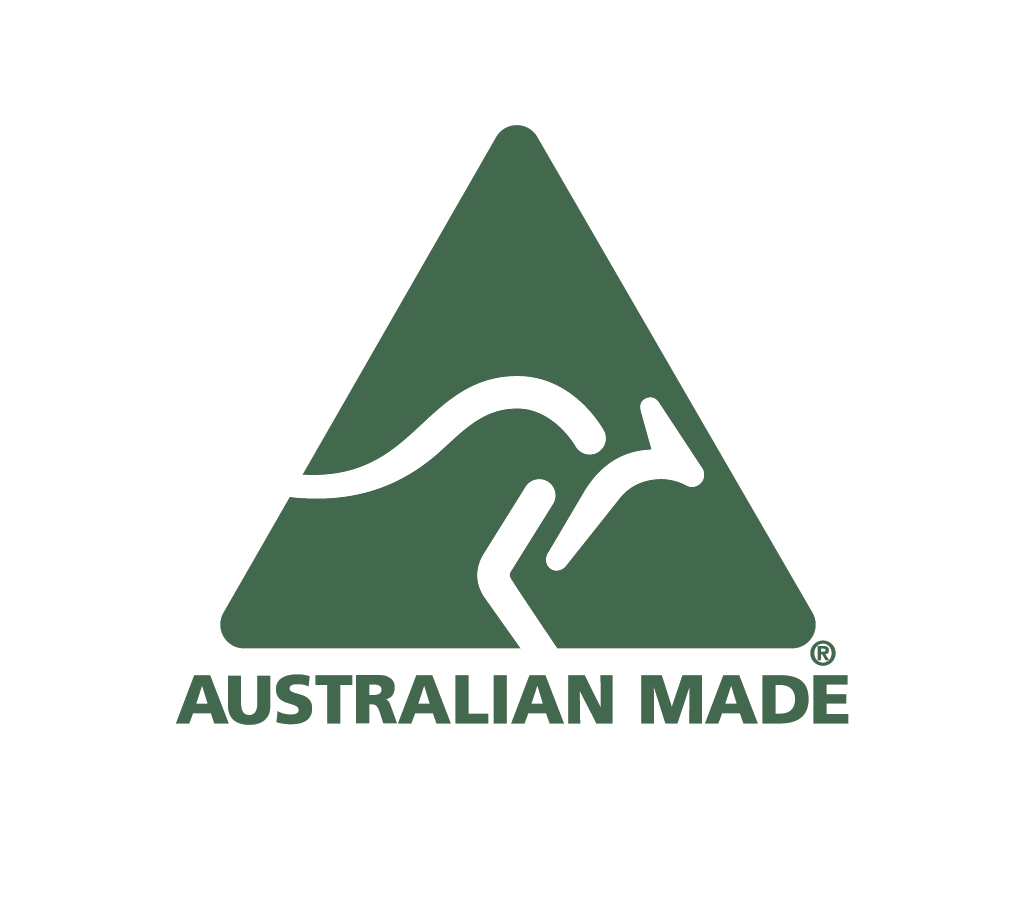The risks of using antibacterial cleaners
Do you always reach for antibacterial detergents when shopping for your surface cleaner? While antibacterial cleaning products promise us the benefit of eliminating harmful bacteria, they may not be as effective as they claim to be.
Surface cleaners that use various industrial chemicals and that claim to be ‘antibacterial’ can also pose health risks in both the short and long-term. Accidental consumption of these chemicals can be dangerous, they can negatively impact family members with allergies or asthma, while there is a fear a heavy use of antibacterial cleaning agents risks the creation of bacteria that are immune from common antibacterial treatments. This poses a health risk to us in the long-term if strains of bacteria don’t respond to our treatments.
Through years of research and development, the Pureflor range has been developed to be both more effective than these common antibacterial detergents in removing dirt and stains, while also being safer for your family and the environment.
Below are some common questions we hear on a regular basis about antibacterial cleaners.
What is an antibacterial cleaner?
Antibacterial cleaners are found in disinfectants and detergents and work to kill harmful bacteria. By eliminating harmful bacteria, they seek to reduce the risk of contamination and the spread of infection. Most cleaning brands will market and promote the power their products have in eliminating these bacteria. However, they rarely explain what impact it may have on our health and our environment.
Do antibacterial cleaners work better than soaps?
There’s no concrete evidence suggesting an antibacterial soap will clean your surfaces any better than other soaps. In fact, the FDA have reported data suggesting these cleaners may be more harmful than helpful. Natural, pH-neutral cleaners, like Pureflor, have the power to effectively clean surfaces without the use of harsh chemicals found in antibacterial cleaners.
Are all bacteria bad?
Short answer, no. Bacterial diversity can help remove toxins from our environment, provide defence against infection, decompose organic waste and produce essential nutrients in our guts. Good bacteria benefit not only our own health but the health of our planet.
In fact, within our own ‘microbiome’, there are an estimated 39 trillion microbial cells, which include viruses and fungi – and all importantly, bacteria. Within our digestive system alone there are an estimated 100 trillion bacteria! These are a mix of ‘good’ and ‘bad’ bacteria, but a diversity of gut bacteria (and also bacteria in the mouth) is being increasingly studied for its correlation with good mental and physical health. Our own mucosal immune system – that first line of defence against viruses – is linked directly to our gut.
The science is continuously being explored on this front. So, the idea of killing all bacteria in your home isn’t straightforward.
What are the health effects of antibacterial detergents?
Overusing anti-bacterial cleaners can strip your skin of good bacteria and irritate the eyes, throat, and skin. It can also cause headaches and more long-term health problems such as respiratory issues. Some cleaners will also release chemicals called Volatile Organic Compounds (such as carbon monoxide, acetone or formaldehyde) that only add to the health risks. Not only this but it also kills bacteria based septic systems which create further complications.
Normal disinfectants needs rinsing off as they kill as opposed to actually cleaning. Pureflor's cleaners destroys the food source of bacteria, not allowing them to survive and grow.
What are the environmental impacts of antibacterial detergents?
Bacteria-killing compounds destroy all bacteria, meaning essential bacteria in ecosystems will also be killed. When these cleaners are washed down the sink they are released into our oceans and end up killing bacteria necessary to marine ecosystems.
The alternative to antibacterial detergents
So, if disinfectants aren’t really that effective, or even well advised by experts, what’s the alternative? Pureflor’s surface cleaners use the power of natural enzymes to break down dirt and oil without killing good bacteria. They’re powerful, safe and don’t use harmful chemicals that damage our environment.
If you haven’t yet enjoyed the results of an eco-friendly surface cleaner, check out our Starter Kit.

